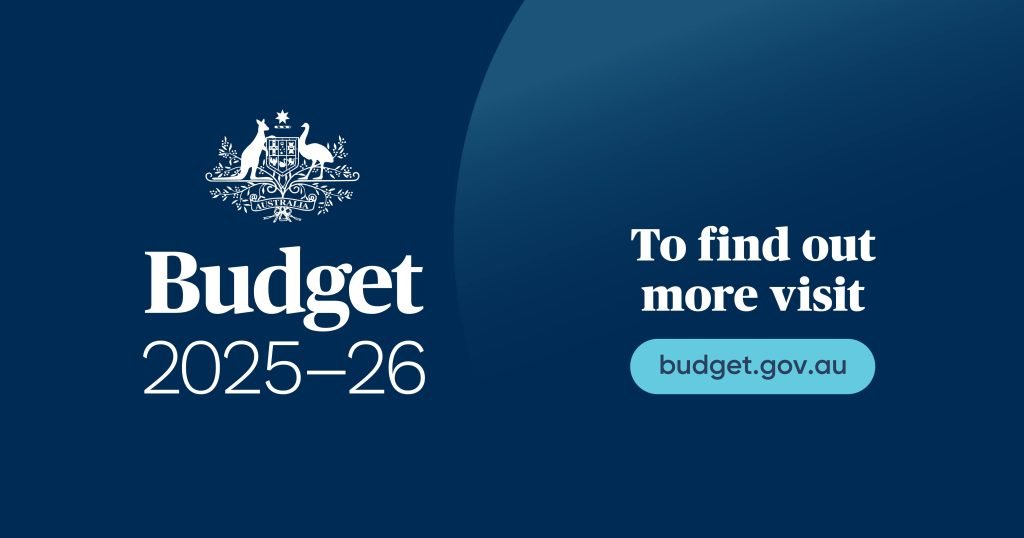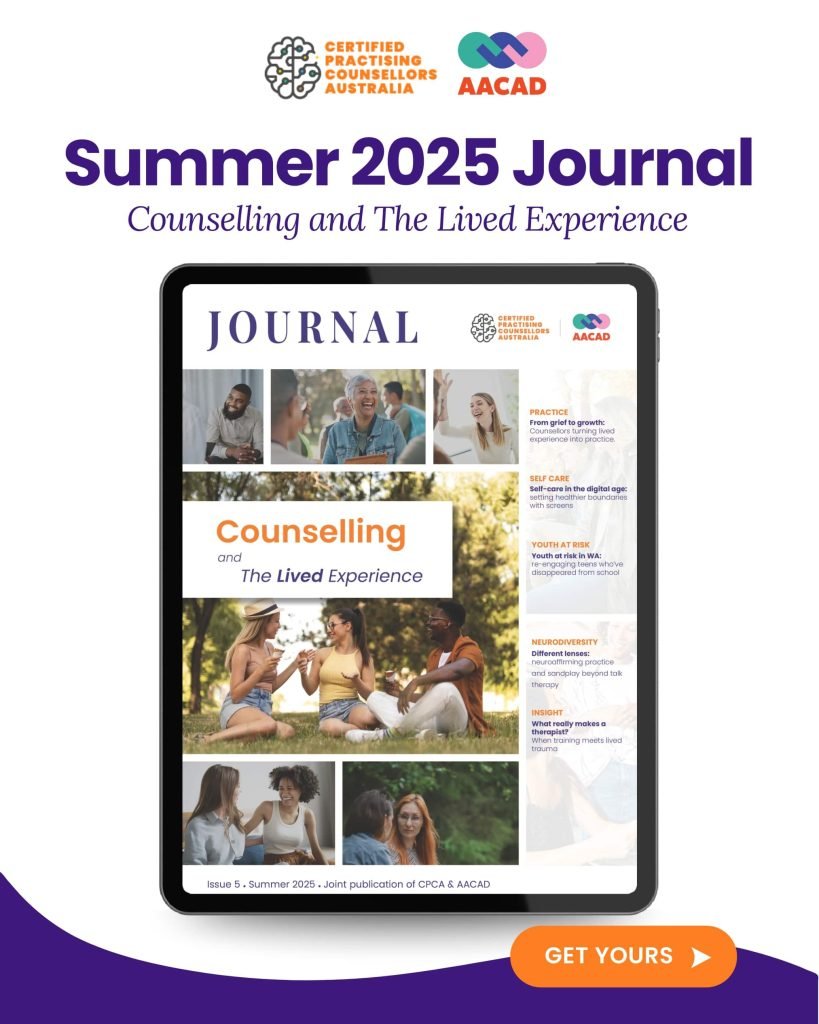
Counselling is a process using an interpersonal relationship between counsellor and client that guides clients through transitions and issues in their lives. These issues are of an emotional, behavioural, and environmental nature that may be deep-seated. To overcome and manage these, counselling focuses on the client’s emotional and intellectual experience, how they are feeling, and what their thoughts are about the issue they sought help for. Counselling seeks to enable people to develop their own understanding and make positive changes in their lives.
This is very much a collaborative effort in which a trained professional helps the individual identify the sources of the problems or concerns that are being experienced, as well as goals and potential solutions to address them. The counsellor and client cooperate in order to develop ways to deal with and overcome these problems so that the client can gain self-understanding.
Due to the personal factors of an individual and situation, processing experiences and difficulties will vary for clients. Counsellors will go through a sequence of stages with most clients for them to effectively process and understand information and assist clients through the change process.
The Transtheoretical Model of Behaviour Change:
- Stage 1 – Precontemplation: there is no intention to act in the foreseeable future, usually measured as the next six months
- Stage 2 – Contemplation: there is an intention to change in the foreseeable future with a recognition of the potential pros of changing but there is a more acute awareness of perceived cons
- Stage 3 – Preparation: intending to act in the immediate future, usually measured as the next month, and there is a plan of action in place
- Stage 4 – Action: a specific overt modification in lifestyle has been made within the past six months
- Stage 5 – Maintenance: working to continue changes and sustain them. Working to prevent relapses but are increasingly more confident they can continue
To be a counsellor means communicating openly and freely throughout this process during sessions while enabling the client to explore aspects of their life and feelings. This will allow the counsellor to gain a comprehensive understanding of the client and continue to advise what interventions and therapies are most appropriate and beneficial.



